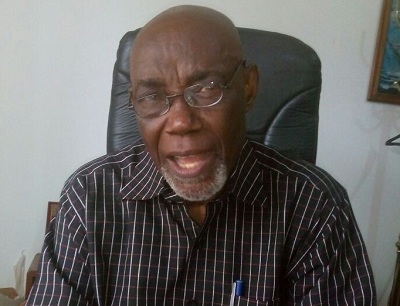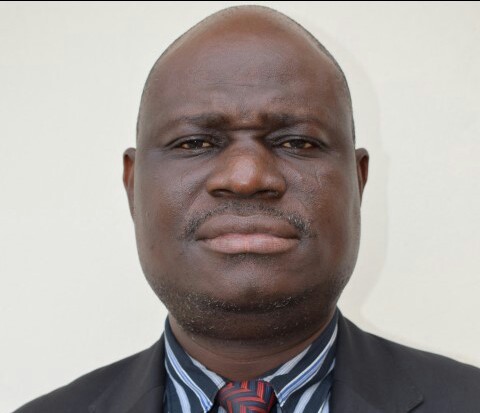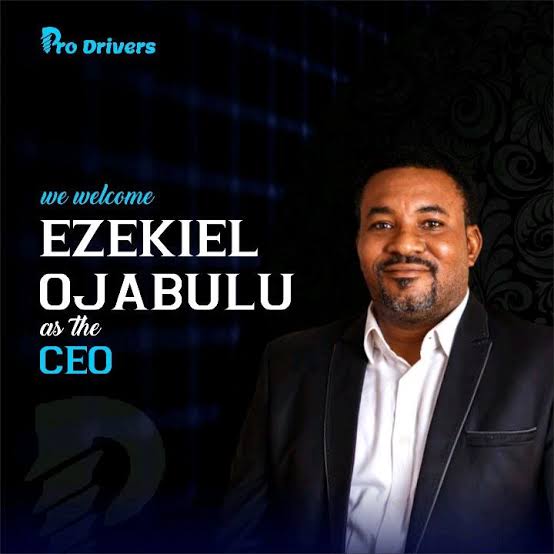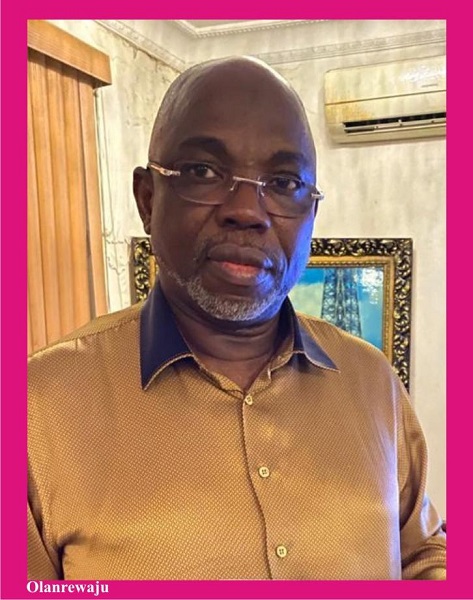Automobile Plants To Improve Nigeria’s Foreign Exchange – Mulikat
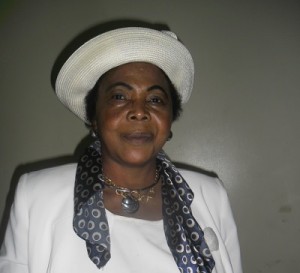
Mrs. Mulikat Fehintola is the Chief Executive Officer of Mulifelong motors. She is a former president of Nigeria Institute of Transport and Administration and also a former chairman of Lagos Chamber of Commerce and Industry.
In this interview with MMS Plus, the Automobile Queen who has amassed about 40 years expertise in the automobile industry shares her experience over the years as well as her aspirations to establish an automobile assembling plant in Nigeria. Read on.
How long have you been in the automobile business?
I have been in this business for the automobile industry for almost four decades and it has been so interesting. The journey has been hectic and with lots of challenges, but when you are determined to be a success, you will get it right in any adventure. Just like the words of Jimmy Claude “you can get it, if you really want it but you must try, try and try” and you will succeed.
I have been dealing with Peugeot as one female distributors of Peugeot several years ago. I have also worked with so many other reputable organizations such as the Presidency, State governments and other private entities such as banks, oil companies, etc. Our relationship with our customers has been very key and paramount to our success over the years.
I was also a distributor to Volkswagen of Nigeria before they were caught with problems. I have been directly or indirectly related to about six assembling plants in Nigeria; from Federated motors industry to GM motors, I also partnered Nigers Truck, Fiat and several other companies.
There no doubt about your experience and longetivity in the automobile business in Nigeria, but what do Mulifelong motors stand for at the moment?
At the moment, I am trying to set up an automobile assembling plant in Nigeria and my foreign partners from Korea were in Nigeria last week to put finishing touches to our plans. We are looking at establishing a battery manufacturing plant, an auto assembling plant, a led refinery and also a spare-part company.
Last week, my foreign partners and I visited Abuja to discuss with the Director-General at National Automotive Council, Aminu Jalal. We also went to the Lagos Free Trade zone for on the spot analysis with some surveyors because that is where the company is going to be located.
We are making provisions to get a reliable power generating plant to ensure we aren’t restricted by the shambolic power supply in the country. So, we are going to have an indigenous product tagged ‘Mulifelong car’ not Toyota, Peugeot, Honda, etc. we want it to be fully Nigerian. It will be built in Nigeria, we will make the spare parts here in Nigeria and the name will also be Nigerian.
How did this vision come about, what motivated you to initiate this automobile assembling plant?
I had been nurturing these ideas for a very long time since I have been in the automobile industry. I have been privileged to visit several automobile assembling plants abroad and I always asked myself what it would take to have such companies in Nigeria. At a point I had to gather my directors who are all top-notch professional engineers in their various areas, I told them that it’s high time for us to wake up from our deep slumber and elevate Nigeria by developing our technology and design with regards to automobiles. The purpose is to enhance foreign exchange to guarantee the economic growth of the nation. This will also provide jobs for many unemployed youths roaming the streets of the country.
Are you looking at exporting these cars or is the automobile assembling plant just to satisfy the Nigerian market?
In fact, we are planning to go beyond West African countries as we intend to make our product highly competitive. The quality of the production line will ensure we have standard products and not just an influx of substandard vehicles. It is the quality of a product that attracts buyers and we are going to provide quality vehicles.
What role will your Korean counterparts play in this initiative?
We are going to be business partners and they are willing and ready to do business with us. They are highly impressed to find a woman who is set to venture into this business of assembling vehicles. Around the world the automobile industry is been dominated by men especially the leading roles.
Locally assembled cars are too expensive and the persistent fall of the naira has made importation equally expensive and arduous. What does the future hold for the automobile industry in Nigeria?
The future of the automobile industry is so bright, because we about to start exploring the sector. By the time we start fully, it is going to be a different scenario and the story will be different.
What advice do you have for Nigerians?
I would like to advise Nigerians both the old and the young to do focused, determined and courageous in whatever trade they do. They also have to be honest and prudent to maintain their relationship with their customers, colleagues or partners, because this is key to success in any discipline. On the part of the government, inconsistent policies have been the major problem of the Nigerian transport sector.
By Kenneth Jukpor




